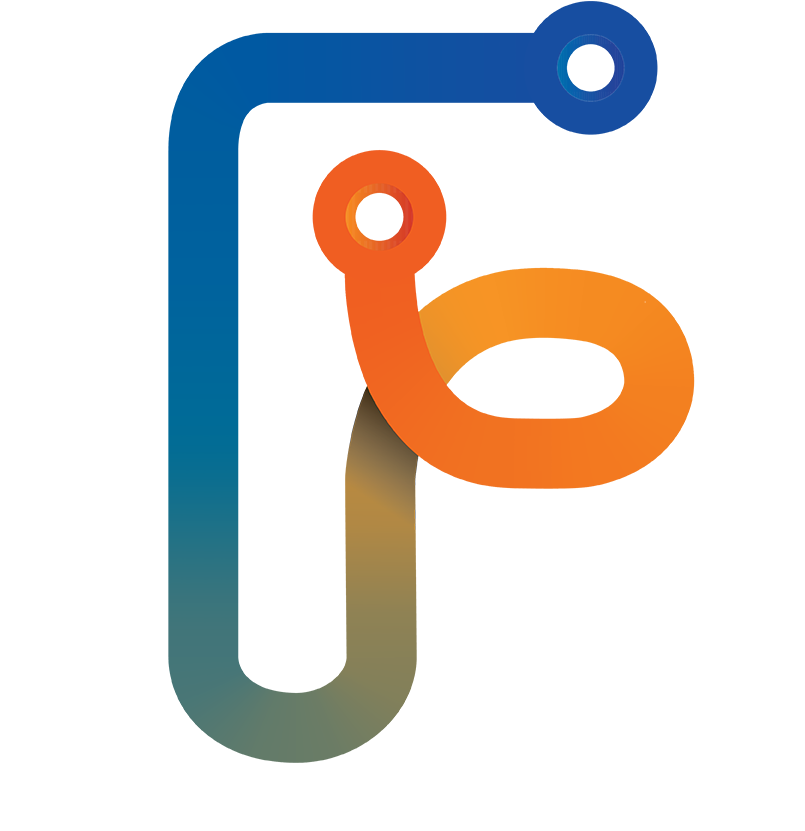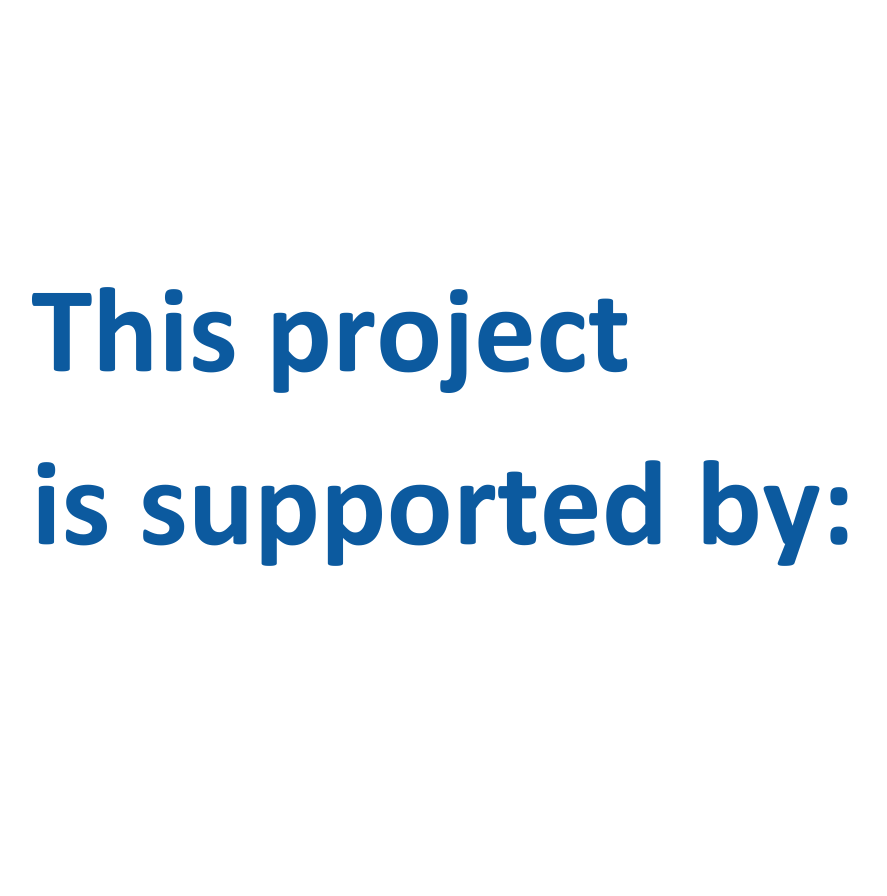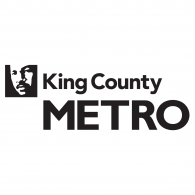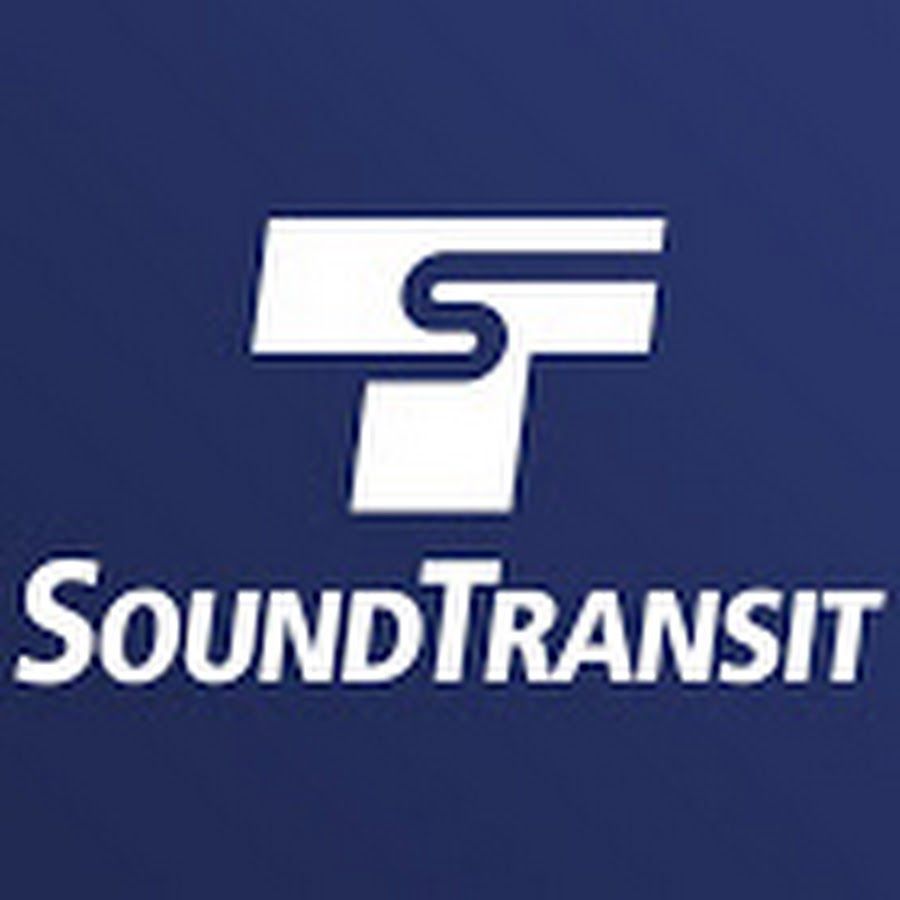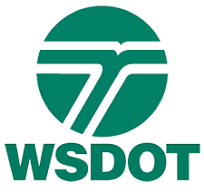Travel Tools
Glossary of Terms
The following terms are used throughout this website. Please
contact us with any additional questions about using this site.
Community Ride –A reservation-based service that travels within a specific area instead of staying on a set bus route or schedule.
Community Transit – A transportation provider that operates inSnohomish County and has routes that connect riders to downtown Seattle.
Community Transportation– A general term to describe a variety of different transportation options, including public
transit.
Community Shuttle - Routes operated by mini-buses, that carry fewer people. They tend to operate in quieter, residential communities that do not have enough ridership to use a full size bus.
Community Van- A king County Metro rideshare program that allows community members to schedule rides to places they want to go to with the help of a volunteer driver and a Metro-owned van. Operates in several jurisdictions across King County.
Curb-to-Curb-Refers to a type of service that picks people up at a curb and drops them off at a curb. The curb can be close or far from a person's origin. Oftentimes users must walk/bike/Uber or Lyft from their origin to the pick-up curb and walk/bike/Uber or Lyft from their drop-off curb to their destination. The First Mile/Last Mile problem is often a symptom of Curb-to-Curb services. Door-to-Door and Hand-to-Hand services can often help to close this gap in service for vulnerable populations.
Demand Area Response Transportation (DART) – Transit service operated by Hopelink.
Deviated Fixed Route/Flex Route – A deviated fixed route operates primarily as a fixed route service with set stops and a set time schedule with one exception—aflex zone. Flex Zones are sections of a community not easily served by fixed routes. Riders can call ahead to request that the bus leave its regular route to pick them up or drop them off within the select zone.
Door-to-door – This is a style of transportation whereby a driver picks up people at their residence or current location and deposits them directly at their destination.
Eligibility requirements - The applicants must meet all requirements for eligibility.
First-Mile/Last-Mile – The distance between transit stops and an individual’s place of work or home can be disqualifying if they possess mobility issues. Mobility options that provide reliable service to these populations—otherwise limited by personal disability, poor/dangerous infrastructure, topography, distance, or any combination of the aforementioned—help to “Close the First-Mile/Last-Mile Problem.”
Fixed Route – This refers to services with set schedules and routes where the sequence of stops never change.
Hand-to-hand – Hand-to-Hand services can help load a person with a severe mobility limitation. Hand-to-Hand drivers must be trained to help these riders, and therefore these services are rarer and more expensive
Non-Emergency Medical Transportation (NEMT)- NEMT help transport people to and from medical appointments. Typically, these services run with volunteer drivers, or only serve clients that are seniors, disabled, or have Medicaid insurance. NEMT cannot help an individual access emergency medical care. Individuals must stull call 911 to be taken to an emergency room.
One Regional Card for All (ORCA) - Bus pass for the Puget Sound region that is accepted across many transportation providers, including King County Metro (KCM), Sound Transit, and Community Transit. As of Spring 2019, there is a $5 fee for buying the card and the fare for Metro buses is $2.75.
One Regional Card for All Low Income Fare Transportation (ORCA LIFT) - Bus pass for low-income riders. The income threshold varies based on poverty line, but if a rider qualifies for Medicaid they are immediately qualified for an ORCA LIFT card. As of Spring 2019, there is no cost for acquiring the first card, the fare is $1.50, and the permit must be renewed every 2 years.
Regional Reduced Fare Permit (RRFP)- Bus pass that entitles senior riders (age 65 or older), riders with a disability and Medicare card holders to reduced fares on the following public transportation systems in the Puget Sound region. As of Spring 2019, there is no cost to acquire the card and the fare for the RRFP holders is $1.00.
Subsidized Annual Pass (SAP) - A pass program, allowing qualified riders to travel on select transit in the region. Residents of King, Pierce, and Snohomish counties who are at or below 80% of the federal poverty level and are enrolled in one of six state benefit programs (clickhere to see programs) can obtain a subsidized annual pass valid for travel on King County Metro and Sound Transit services. The SAP is valid for up to 12 calendar months and is renewable each year, provided eligibility requirements are met.
Finding Your Best Transportation Options
Share:
CONTACT US
Hopelink Mobility Management
8990 154th Ave NE
Redmond, WA 98052
HOPELINK | All Rights Reserved






